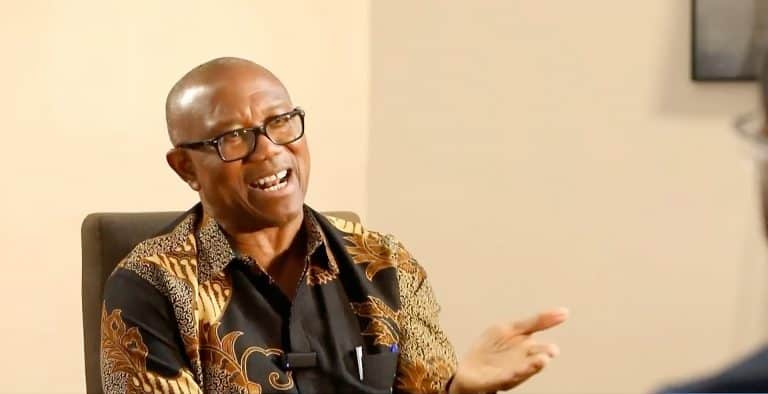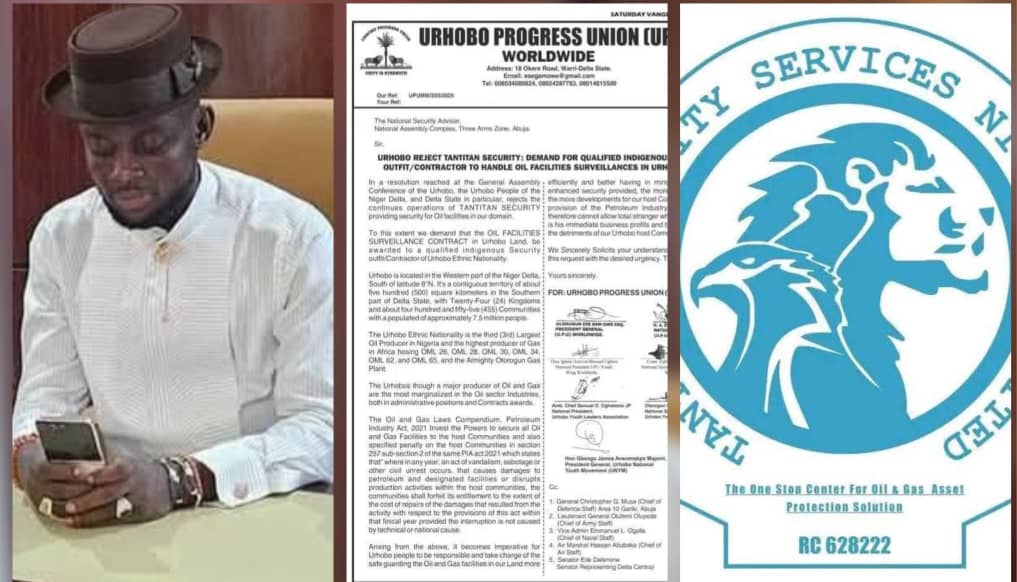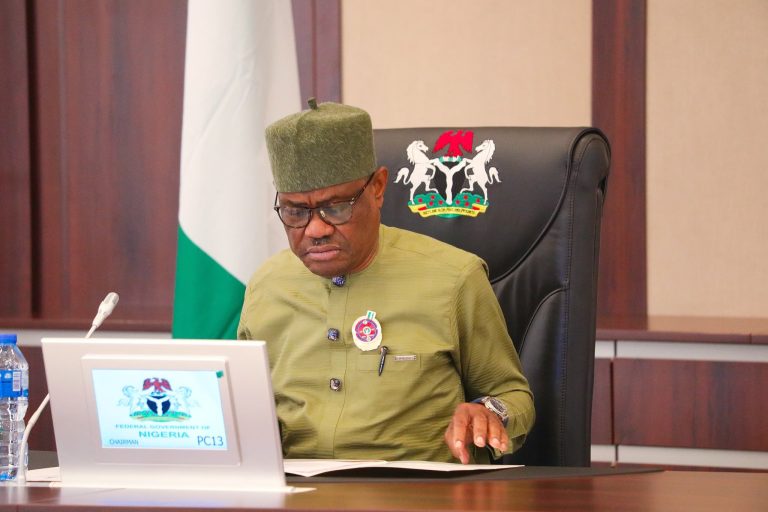Labour Party’s 2023 presidential candidate, Peter Obi, has sharply criticized President Bola Tinubu’s administration, accusing it of being insensitive to the suffering of Nigerians. Obi made the comments during an interview on Channels Television’s Sunday Politics programme, aired over the weekend.
The former Anambra State Governor emphasized that the presidency is a position of responsibility and compassion, not one of luxury or indifference. He argued that true leadership demands sacrifice, including a willingness to make personal compromises for the well-being of the nation.
Obi stated that a president should be prepared to make the ultimate sacrifice if the situation demands it, especially in a country where citizens are facing severe hardships. He stressed that effective use of resources should take priority over self-serving expenditures.
“If I become president, I will use resources effectively. I cannot say: ‘buy a new jet’,” Obi said during the interview. “I don’t need one because I can go anywhere without a jet. I will not use ₦150 billion to buy a jet when 80% of primary healthcare centres are not functioning.”
Obi used his own tenure as governor of Anambra State to reinforce his argument, noting that he did not indulge in lavish security measures. “I was a governor, and for my first four years, I drove 406. For the rest of it, I didn’t drive bulletproof cars,” he said. “Nobody will try to kill you if you do the right thing. It is when you do the wrong thing that you fear death.”
He further challenged the mindset of Nigerian political elites, asserting that fear of death stems from failing the people. “If your people are dying, you should be ready to die. The president should also be ready to die,” Obi said pointedly.
The remarks were interpreted as a direct rebuke of President Tinubu’s administration, particularly in light of recent public concerns over government spending amid a cost-of-living crisis. Many Nigerians have expressed frustration over rising inflation, inadequate healthcare, and poor infrastructure, while reports of extravagant government expenses have drawn criticism.
Obi’s statements have struck a chord with segments of the population who are disillusioned with the current state of governance. His emphasis on frugality and public service contrasts with what many see as the excesses of current political leadership.
Although Obi did not directly mention President Tinubu by name in every instance, his comments clearly targeted the priorities and practices of the present administration. The use of ₦150 billion for the procurement of a presidential jet, in a context where healthcare facilities are largely dysfunctional, was cited as a glaring example of misplaced priorities.
The former governor’s assertion that doing the right thing shields leaders from threats reflects his belief in a governance model based on transparency and accountability. “If you’re governing the people with sincerity and delivering on their needs, you won’t need to live in fear,” he implied.
As a leading figure in opposition politics, Obi has continued to be vocal about what he describes as the failures of Nigeria’s leadership to address the basic needs of its citizens. His appearance on Sunday Politics was yet another opportunity to reinforce his policy positions, particularly those related to good governance, efficient resource management, and ethical leadership.
Peter Obi’s critique comes at a time when public discontent is mounting across Nigeria. Many are grappling with the effects of economic hardship, including high fuel prices, a weakening naira, and widespread unemployment. Against this backdrop, calls for greater transparency and responsible leadership have grown louder.
The comments from Obi add to ongoing national conversations about the role of public officials and their obligations to the citizens they serve. His remarks are likely to resonate with Nigerians who are eager for leaders that not only empathize with their struggles but are also prepared to make personal sacrifices in addressing them.





